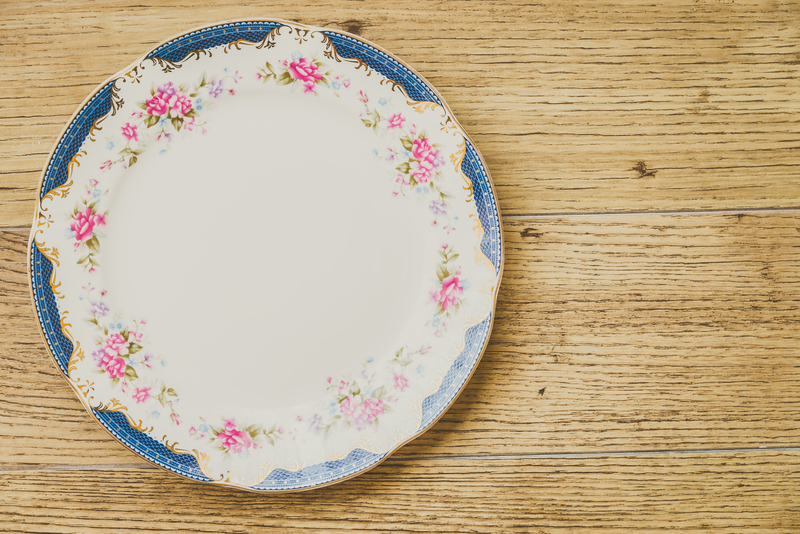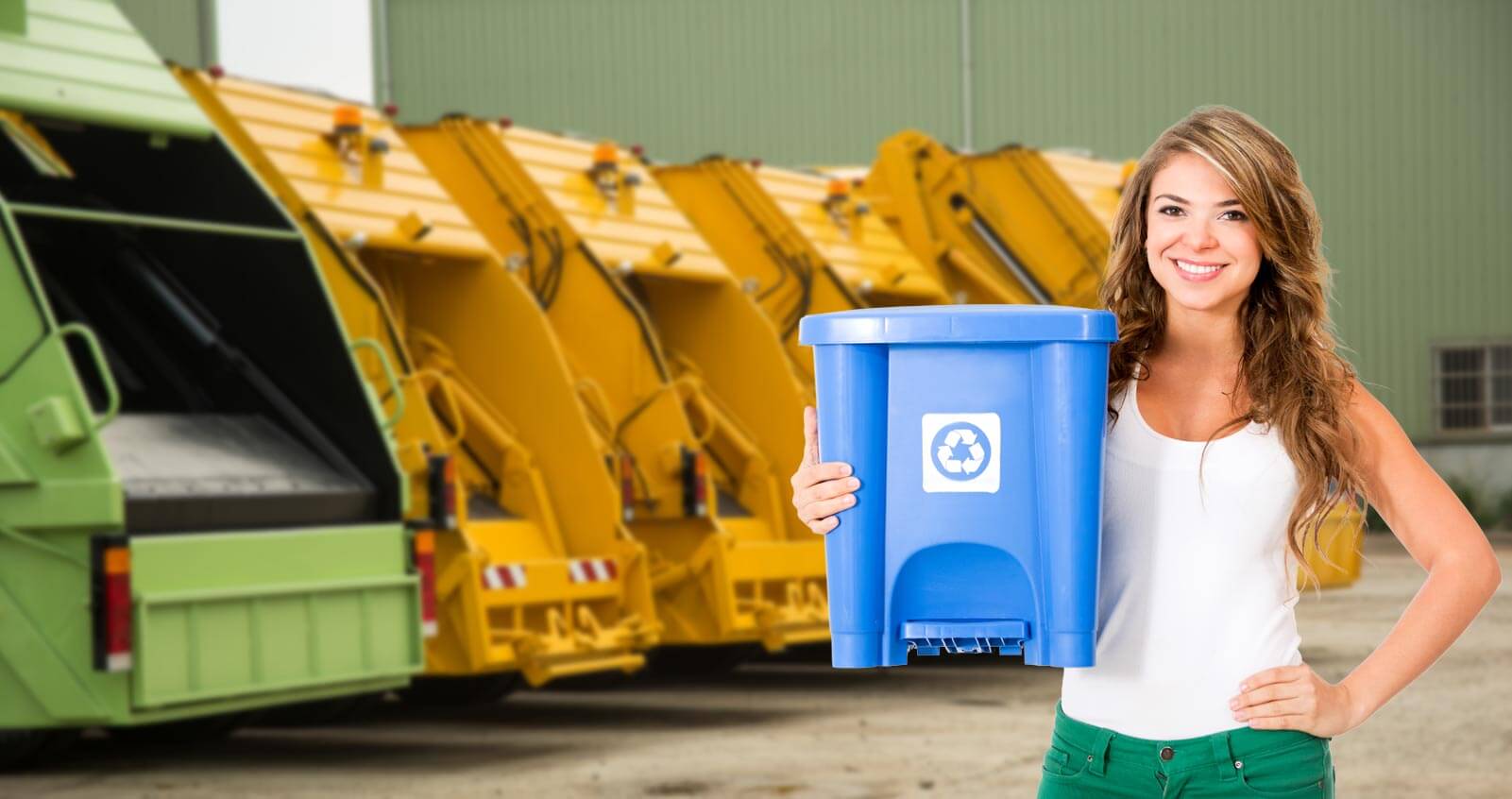Skip Bag Purchase Costs
Posted on 20/06/2025
In recent years, skip bags have become a popular waste management solution for homeowners and businesses alike. Their convenience, ease of use, and affordability make them an attractive option for many. However, understanding the true costs associated with purchasing skip bags is essential to make an informed decision. In this article, we'll delve deep into skip bag purchase costs, exploring various factors that affect them, offering tips for cost-saving, and discussing their pros and cons.
What Are Skip Bags?
Skip bags, sometimes known as "waste bags" or "rubble bags," are large, durable bags used for collecting and removing waste. Unlike traditional skips, skip bags can be purchased from retail stores or online, filled at your convenience, and then collected by a waste disposal service.

Factors That Influence Skip Bag Purchase Costs
The cost of purchasing a skip bag can vary widely based on several factors. Here, we explore some of the key elements that affect pricing:
- Size: Skip bags come in various sizes, typically ranging from 1 cubic yard to 4 cubic yards or more. Naturally, larger bags will cost more.
- Brand: Well-known brands may charge a premium for their products. However, these brands often offer better durability and reliability.
- Material: The material of the skip bag can also impact costs. Heavy-duty bags made from reinforced woven fabric tend to be more expensive than their lighter counterparts.
- Retailer: Prices can vary depending on where you purchase the skip bag. Online retailers, hardware stores, and specialized waste management providers may each have different pricing structures.
- Seasonal Demand: During peak periods when home renovations and clean-ups are common (e.g., spring and summer), prices may fluctuate due to increased demand.
Average Skip Bag Costs
To provide a rough estimate, here's a general idea of what you might expect to pay for different skip bag sizes:
- Small Bags (1-2 cubic yards): $15 - $30
- Medium Bags (2-3 cubic yards): $30 - $50
- Large Bags (3-4 cubic yards and above): $50 - $80
These prices are for the bags alone and do not include the cost of collection and waste disposal services, which we'll discuss next.
Collection and Disposal Costs
Once your skip bag is filled, you'll need to arrange for a collection service. Providers usually charge based on the size of the bag and sometimes the type of waste. On average, collection costs can range from $60 to $150 per bag. Some factors that could influence these costs include:
- Location: Urban areas may have higher collection charges compared to rural locations.
- Waste Type: Standard household waste may be cheaper to dispose of than hazardous materials or heavy construction debris.
- Frequency: Regular customers might benefit from discounted rates or package deals.
Tips to Save on Skip Bag Costs
While skip bags are generally affordable, here are some money-saving tips:
- Shop Around: Compare prices from different retailers and online marketplaces.
- Bulk Purchase: If you need multiple bags, some suppliers offer discounts for bulk purchases.
- Off-Peak Usage: If possible, schedule your waste disposal during off-peak seasons to take advantage of lower prices.
- DIY Disposal: For small amounts of waste, consider transporting skip bags to a local disposal site yourself.
- Share Costs: Coordinate with neighbors for shared use of skip bags and split the collection costs.
Pros and Cons of Skip Bags
Before opting for skip bags, consider the following pros and cons:
Pros:
- Convenience: Skip bags can be purchased and used at your own pace, making them ideal for ongoing projects.
- Flexibility: Available in various sizes to suit different waste disposal needs.
- Space-Saving: Skip bags take up less space when not in use compared to traditional skips.
- Cost-Effective: Often cheaper than renting a skip for smaller projects.
Cons:
Collection Costs: Additional fees for collection and disposal can add up.
- Weight Limitations: Each bag has a weight limit, and exceeding it can incur extra charges or make collection difficult.
- Waste Type Restrictions: Some types of waste may not be accepted by all providers.

Takeaways
Understanding skip bag purchase costs involves considering several factors, including the size, brand, material, and acquisition source. Additionally, it's crucial to factor in the separate costs of waste collection and disposal. Shop around for the best deals, consider bulk purchases, and be aware of seasonal price shifts. Finally, weigh the pros and cons to decide if skip bags are the right waste management solution for your needs.
Conclusion
Skip bags offer a flexible, convenient, and cost-effective solution for waste disposal, making them an attractive option for many. By understanding the various factors that influence skip bag purchase costs and employing practical tips for savings, you can ensure that you get the best value for your money. Always consider your specific needs, compare prices, and be aware of any additional costs such as collection and disposal fees. With this information at hand, you'll be well-equipped to make an informed decision and manage your waste efficiently.




